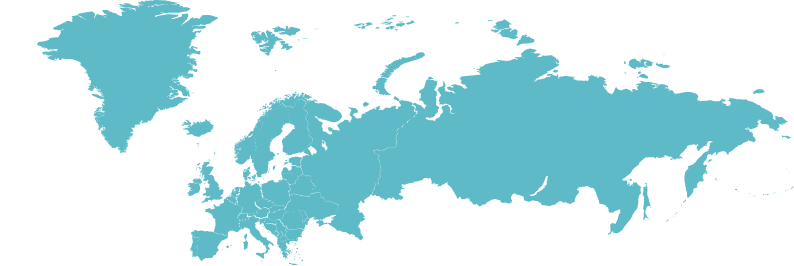Dear Friends,
Greetings of love and peace from the Sophia Culture Center, perched on a forested, snow-covered peninsula, with an vast expanse of frozen bay out my room window, in Helsinki, Finland.
I’m here for a two-day consultation – Strengthening the Role of Religious and Traditional Peacemakers – organized by the UN Mediation Support Unit, Finn Church Aid, The Organization of Islamic Conference and Religions for Peace. The consultation is part of the UN’s effort “to strengthen the role of mediation in the peaceful settlement of disputes, conflict prevention and resolution,” by exploring the acknowledged but admittedly underutilized role religious leaders and faith-based organizations play in mediating conflicts.
In one way the days are short here – with sunrise after 9 AM and sunset before 4 PM; but in terms of the consultation it has been a long and full day for the 35+ participants. After a brief welcome by the organizers, we took a substantial amount of time for the participants to introduce themselves and say a brief word about their work and their expectations for this gathering. This is an impressive group of passionate, committed people from a wide array of organizations.
One example – Halima Ismail, who heads the Somalia Civil Society Organization and has played a key role in efforts to establish a government and more stable society in that troubled country. She’s deeply committed to the role of women in peace work and in providing positive alternatives to young people who are prime targets for recruitment into the terrorist group Al Shabab. She said she is looking for colleagues/allies. I told her I would put her in touch with Despina Namwembe, who’s involved in both of these efforts.
When I spoke about URI, I began by acknowledging that I was here with a heavy heart because of the recent death of Irfan Ali, a URI youth trainer, in a bomb blast in Pakistan. Throughout the day, people came up to me and offered their condolences for my and URI’s loss, sometimes sharing stories of losing colleagues themselves. At one point during the day, a speaker talking about work in Somalia said, we need to remember that the work of peace is not only long, it’s also dangerous.
This content-rich day had presentations about the mediation work of the UN, followed by extended case studies of peacebuilding efforts in Somalia, Myanmar, Kyrgyzstan and Eritrea-Ethiopia. I listened with profound appreciation of the extraordinary work people from many different groups have done and are doing in situations of extreme conflict.
Among the key points that stay with me:
- There are many, many dedicated peaceworkers with an inspiring depth of experience and knowledge about particular conflicts and about conflict in general.
- There is a general acknowledgement that all this experience and knowledge isn’t helpful if you don’t engage the people on the ground in a particular setting, as well as the high level policy makers.
- There is a somewhat weary, if realistic, assessment that even with experience, knowledge and all the right players in the room, peace is never guaranteed – it’s difficult to achieve and to sustain.
- There is an ever-growing recognition of the critical importance of the participation and leadership of women and youth.
- Muslims from a wide array of countries and organizations are profoundly concerned about the violence perpetrated in the name of Islam and are intensely focused on counteracting that violence.
It has been fun to connect with some old and dear friends/colleagues, as well as new friends and friends of friends. It has also been fun to connect with people who know and think the world of Mussie Hailu and Despina Namwembe.
Tomorrow we spend most of the day in working groups building on today’s presentations as we seek to develop some concrete recommendations for the UN. The following day, Thursday, I am on a plane back to San Francisco, but not before breakfast and an interview with Heidi Rautionmaa.
I pray this finds you all well.
Love,
Charles
The Rev Canon Charles P. Gibbs
Executive Director, United Religions Initiative
